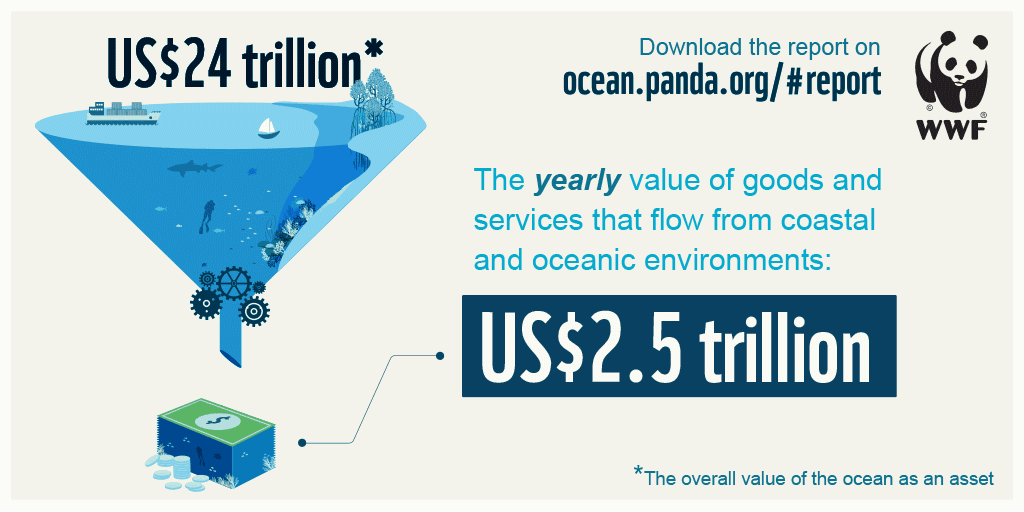“A guy looked at the Corvette the other day and said I wonder how many people could have been fed for the cost of that car. I replied I am not sure, it fed a lot of families in Kentucky who built it, it fed the people who make the tires, it fed the people who made the components, it fed the people in the copper mine who mined the copper for the wires, it fed people who make the trucks that haul the copper ore. That’s the difference between capitalism and welfare mentality. When you buy something,you put money in people’s pockets and give them dignity for their skills” — Anubhav Krishna
Yes that may well be true, but I say again, if everyone on the planet owned as many corvettes/helicopters/mansions at they wanted, for as many generations as they wanted, Earth itself would be really fúckéd (not the people, the planet).
If you understand all about the materials that go into your car, as you seem to, then you will also understand this. It all has to come from the Earth’s crust. So nature is what is getting fúckéd over here, not people. I say this as a former materials scientist. Perhaps a more relevant question should have been “what was the environmental impact of this car?”.
The real trouble today is that this capitalist/industrialist model is not at all sustainable in its current form. Just because it has ‘worked’ for a hundred or so years, doesn’t mean it will ‘work’ for another thousand (it won’t, it can’t). Apart from that, I find it SAD that people equate materials with success.


